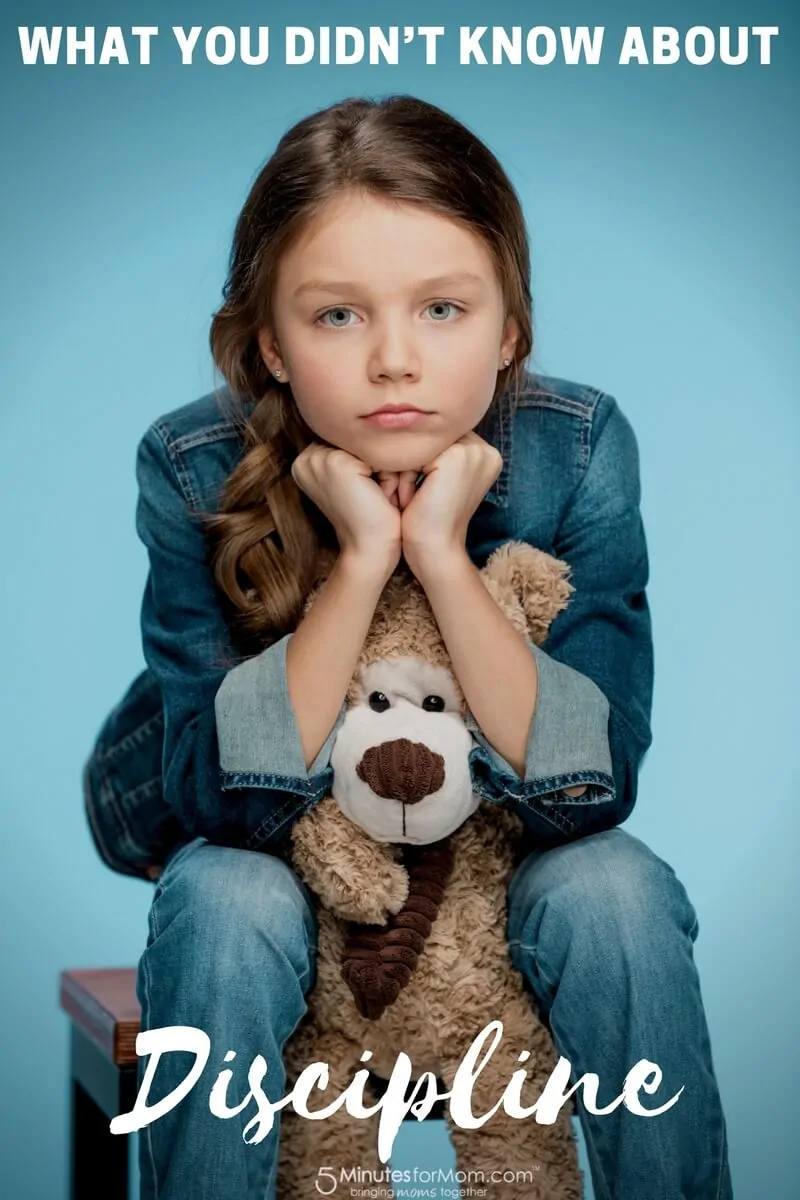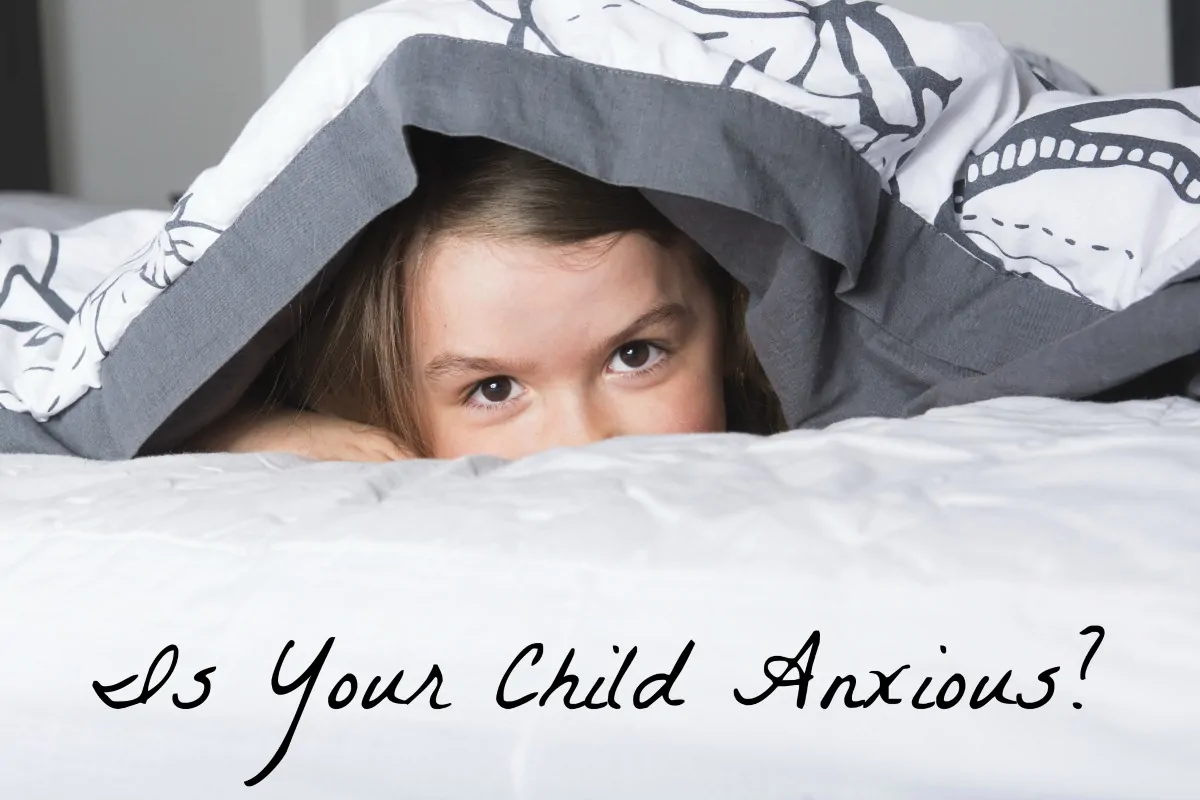This post may contain affiliate links. Read my disclosure policy here.
You know what’s crazy about discipline? It can actually be a relationship building opportunity.
Discipline is often seen as a power struggle or a time for punishment, but that’s not what discipline needs to be or should be. The purpose of discipline is not to be a mean parent; the purpose is self-discipline – to teach kids how to make good, moral decisions on their own, without you.
Discipline is a teachable moment. And teachable moments are often filled with relationship building opportunities.
One major tenant of parenting is providing kids with unconditional love. This helps children feel secure and is linked to all those outcomes we want for our kids: higher self-esteem, better academic performance, and fewer behavioral and psychological problems. Even when disciplining kids, we still need to show them unconditional love.
When providing discipline, still showing children unconditional love means we have to separate our love and our regard for our children as a whole person from the specific behavior that needs adjusting. At no point in disciplining do we want to link our disappointment in their behavior to disappointment with them as a person.
Instead, we want to connect before we correct.
Your child crashed the family car because she was texting while driving? Emotions will be running high! When we are angry, we do not have the ability to empathize or “connect”. That means it’s time for a time out for both parent and child to cool off.
Once cooler heads can prevail, start the discipline conversation by connecting. Try to understand why your teen would be texting while driving (or in general, why might your child have wanted to engage in that bad behavior?). You can say something such as, “I love you. I know that you are smart and athletic and you are a good driver. And I know the temptation of wanting to know what is going on and responding to friends. When a text appears, it really feels like you need to answer it right away! And you are a really fast typer, so I can see why you would think that you had time to just quickly respond.”
Acknowledging your child’s strengths and motivations as valid shows them that you understand them.
When they feel understood, you have enhanced your relationship as well as prepared them to hear your feedback about that specific behavior.
Then you can provide that feedback, highlighting the negative consequences of their actions in an unemotional way. Show the unintended consequences of their actions – such as getting into an accident. And talk about some more extreme consequences that they hadn’t considered and were lucky didn’t happen, such as “What if instead of hitting a car, there had been a child and a dog walking on the street and you hadn’t seen them? That would have been a terrible mistake you would have had to have lived with the rest of your life.”
Then you can discuss some logical consequences to this behavior.
They have shown that they are not responsible with their cell phone. So, there will be no more cell phones will driving, while doing homework, or while sleeping. They can start earning back the privilege as they show what a good driver they are and how diligent they are at getting their homework done.
Little by little, they should start being able to earn this privilege back. If it is drawn out too much, you will lose the good will to the relationship and the lesson will suffer too. They will start to think, “This is so unfair” instead of “I really need to prove how responsible I am. And I am really responsible. I can do this.” If you can keep it as “I’m going to prove how responsible I am” then you have nailed this teachable moment and strengthened your relationship.
Disciple can be a tricky, unpleasant situation for all parties involved. However, if you change the way you think about it, discipline can actually be used to strengthen the relationship with your child.
Before you disciple, think about what specific behaviors you want to address and what lessons you want your child to learn to help you discipline effectively.
Pin it for Later
Written by Katherine Firestone, founder of Fireborn Institute.
About Fireborn Institute

About Katherine Firestone
Katherine had a hard time in school because she suffered from undiagnosed ADHD till her junior year of high school. What made her successful during this time was the support system she had around her. After college, she worked as a teacher, and saw that parents wanted to help their kids at home, but didn’t know what to do. She started the Fireborn Institute to give parents ideas on how to help because success at school is enhanced at home.
She is also the host of The Happy Student, a podcast for parents on promoting happy academic and social lives. The show provides practical strategies on a variety of topics based on Fireborn’s 4 pillars.
Don’t miss this other parenting post Katherine wrote for us…
Is Your Child Anxious? Follow These Expert Tips To Help Your Anxious Child












Leave a Comment